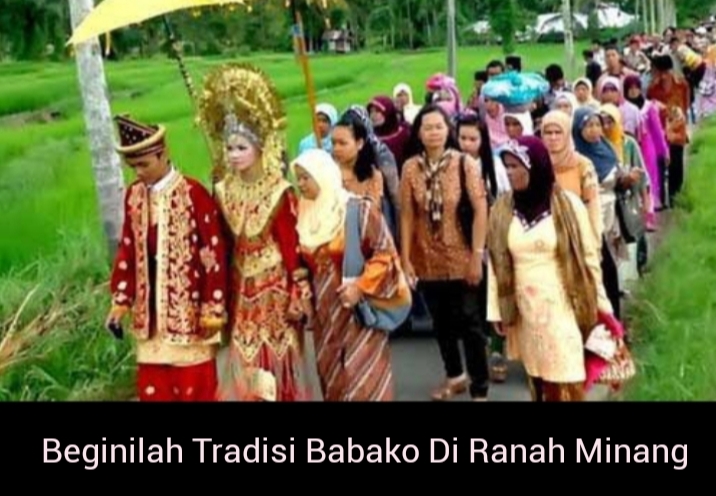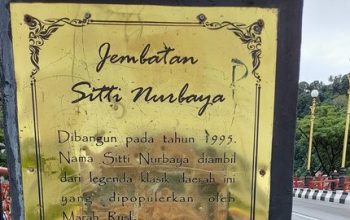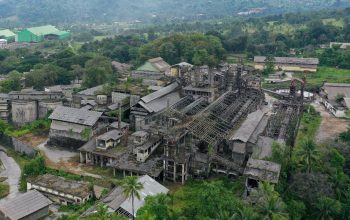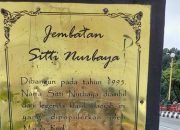Babako babaki” is a traditional Minangkabau custom associated with wedding ceremonies. In this tradition, the family from the father’s side (babako) participates in preparing and carrying out the wedding of a daughter from the mother’s side (matrilineal family). Although the Minangkabau people follow a matrilineal kinship system, where lineage is traced through the mother’s side, the father’s side still plays a significant role in certain traditional ceremonies.
Here are some aspects of the “babako babaki” tradition in Minangkabau culture:
Participation of the Father’s Family: The father’s family is involved in various wedding preparations, including providing material and non-material support.
Babako Ceremony: Before the wedding ceremony or reception, a special ceremony called “babako” is held, where the father’s family brings gifts or offerings to the bride. These gifts can include clothes, jewelry, or other valuable items.
Symbolic Meaning: This ceremony symbolizes the appreciation and care of the father’s family for the daughter, even though in a matrilineal system, lineage is not traced from the father’s side.
Family Cooperation: This tradition also highlights the cooperation and involvement of both families in preparing for the couple’s future.
The “babako babaki” tradition emphasizes the importance of both families’ roles in marriage and the social life of the Minangkabau people, despite their unique kinship system compared to many other societies in Indonesia.
















